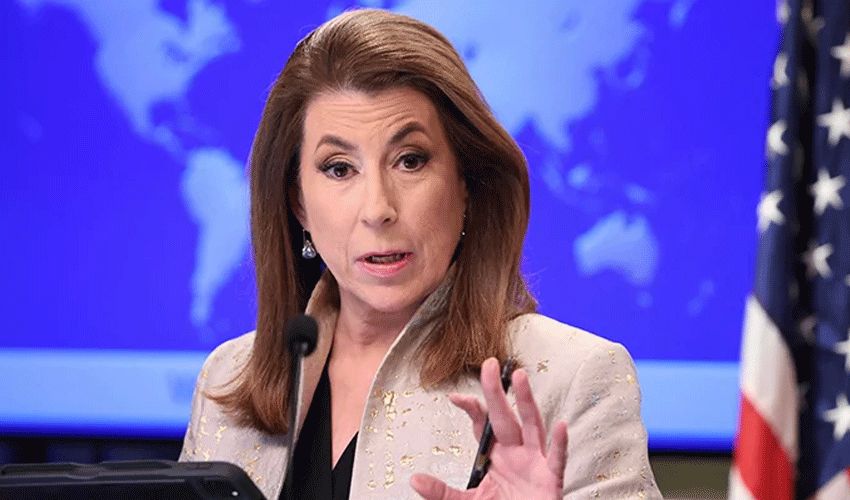A miscellaneous petition has been filed in the Lahore High Court, urging the implementation of the Supreme Court's decision regarding the allocation of reserved seats.
The application has been filed by Munir Ahmed, requesting the enforcement of the Supreme Court’s ruling.
The petitioner argues that despite a detailed decision from the eight-member bench of the Supreme Court, the ruling has yet to be implemented. According to the petitioner, the Supreme Court had issued a clear directive, but the allocation of reserved seats to Pakistan Tehreek-e-Insaf (PTI) has not been carried out.
The petition also highlighted that letters have been sent to the speakers of all four provincial assemblies also, urging compliance with the Supreme Court’s decision. However, the PTI has not yet received the reserved seats as per the court's directive.
Also Read: Supreme Court issues 70-page detailed verdict of reserved seats case
The petitioner has requested the Lahore High Court to issue an order compelling the relevant authorities to immediately implement the Supreme Court's decision and allocate the reserved seats to PTI without further delay.
On Monday, the Supreme Court released a 70-page judgment regarding the reserved seats case of the Sunni Ittehad Council (SIC). Justice Mansoor Ali Shah authored the verdict.
Read more: SC verdict on reserved seats terms as clear ‘violation’ of Constitution
The verdict stated that the stakes in the election fundamentally lie with the people, highlighting the unique nature of election disputes compared to other civil matters. The judgement aims to clarify legal principles and procedures involved in electoral issues, reinforcing the importance of a fair and transparent electoral process.
Read more: ECP fails to perform its duties in February 2024: SC
It also highlighted the disagreements among the bench members, particularly addressing the dissenting notes of Justice Aminuddin Khan and Justice Naeem Akhtar Afghan, stating that their disagreement with the majority judgement was inappropriate given their position.
According to the verdict, it is not necessary for judges to always have complete alignment, but the manner of dissent should reflect their judicial role. The two judges disagreed with the majority decision, while the remaining three, including the chief justice of Pakistan, concurred on using the powers of complete justice to a certain extent.
The detailed judgement expressed regret that, despite several discussions, the bench could not agree on the ultimate relief for absolute justice.



























